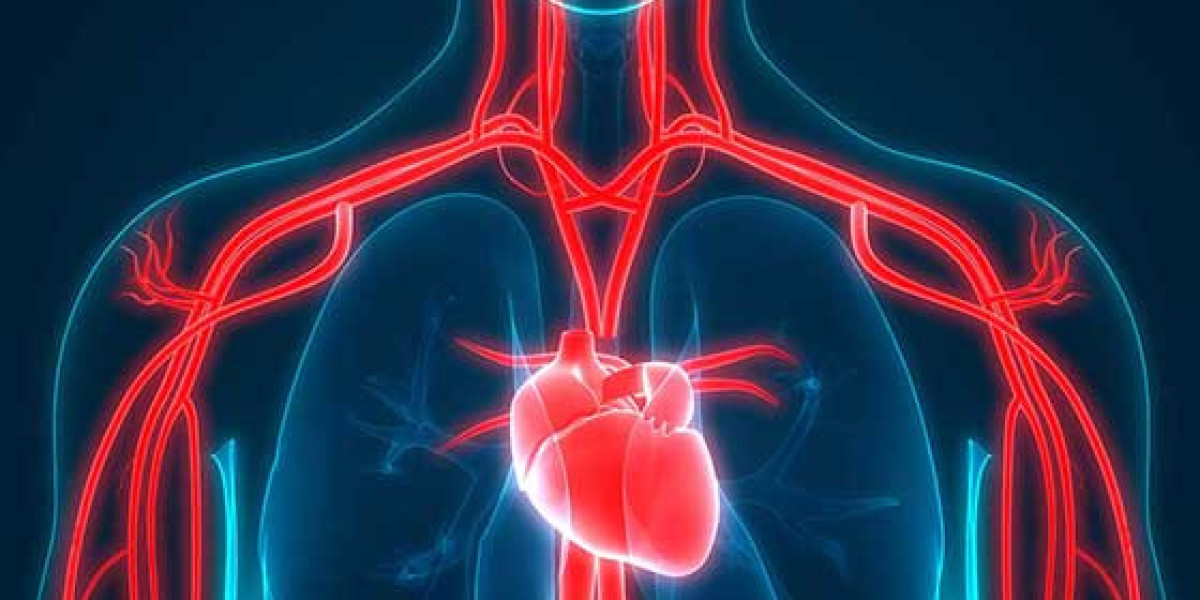Understanding Heart Health: What You Need to Know
Heart health encompasses a range of factors that contribute to the proper functioning of our cardiovascular system. From diet and exercise to stress management and genetics, various elements influence the health of our hearts.
The Role of Nutrition in Heart Health
A balanced diet rich in nutrient-dense foods is essential for supporting heart health. Incorporating foods high in fiber, antioxidants, and omega-3 fatty acids can help reduce the risk of heart disease. Fruits, vegetables, whole grains, nuts, and fatty fish are excellent choices for promoting cardiovascular wellness.
Importance of Physical Activity
Regular exercise is not only beneficial for maintaining a healthy weight but also crucial for strengthening the heart. Engaging in aerobic activities such as walking, jogging, cycling, or swimming helps improve cardiovascular function, lowers blood pressure, and reduces cholesterol levels.
Managing Stress for Heart Health
Chronic stress can take a toll on our hearts, increasing the risk of hypertension and heart disease. Incorporating stress-reducing practices like meditation, deep breathing exercises, and yoga into our daily routine can help lower stress levels and protect heart health.
Genetics and Heart Disease Risk
While lifestyle factors play a significant role in heart health, genetics also influence our susceptibility to cardiovascular diseases. Understanding our family history of heart conditions allows us to take proactive measures to mitigate risk factors and adopt a heart-healthy lifestyle.
Key Strategies for Maintaining Heart Health
Adopting a Heart-Healthy Diet
Making conscious choices about the foods we consume is paramount for supporting heart health. Limiting intake of saturated fats, trans fats, and added sugars while prioritizing whole, unprocessed foods can significantly benefit cardiovascular wellness.
Prioritizing Physical Activity
Incorporating regular exercise into our daily lives is essential for maintaining a healthy heart. Aim for at least 30 minutes of moderate-intensity exercise most days of the week to reap the cardiovascular benefits and enhance overall well-being.
Managing Weight and Body Composition
Maintaining a healthy weight is crucial for heart health, as excess body fat can strain the cardiovascular system and increase the risk of conditions like hypertension and diabetes. Adopting lifestyle habits that promote weight management, such as portion control and mindful eating, can support optimal heart function.
Monitoring Blood Pressure and Cholesterol Levels
Regular monitoring of blood pressure and cholesterol levels is key for early detection and management of cardiovascular risk factors. Consult with a healthcare professional to establish target levels and develop a personalized plan for maintaining optimal heart health.
Prioritizing Sleep and Stress Management
Quality sleep and effective stress management are integral components of heart health. Prioritize adequate sleep and incorporate stress-reducing activities into your daily routine to support overall well-being and protect against heart disease.
Conclusion
In conclusion, prioritizing heart health is essential for longevity and quality of life. By adopting lifestyle habits that promote cardiovascular wellness, such as maintaining a heart-healthy diet, engaging in regular exercise, managing stress, and monitoring key health indicators, we can protect our hearts and reduce the risk of heart disease. Remember, small changes can yield significant benefits when it comes to nurturing your heart. Take proactive steps today to invest in a healthier tomorrow.
Read More :- http://vitalvibepost.com








